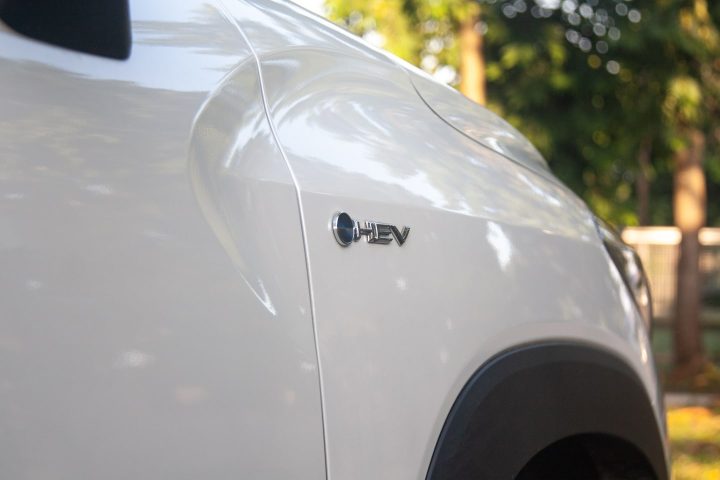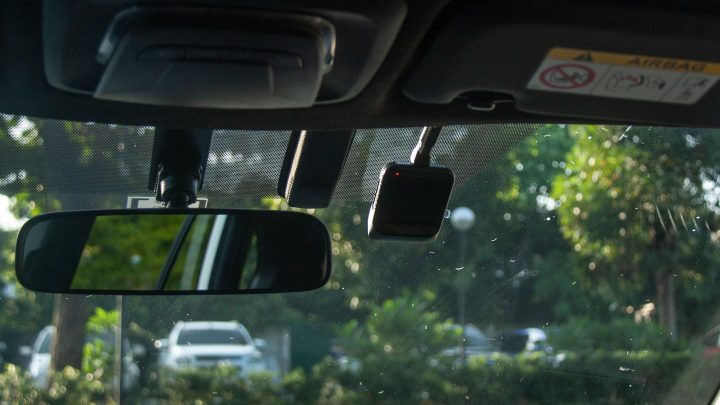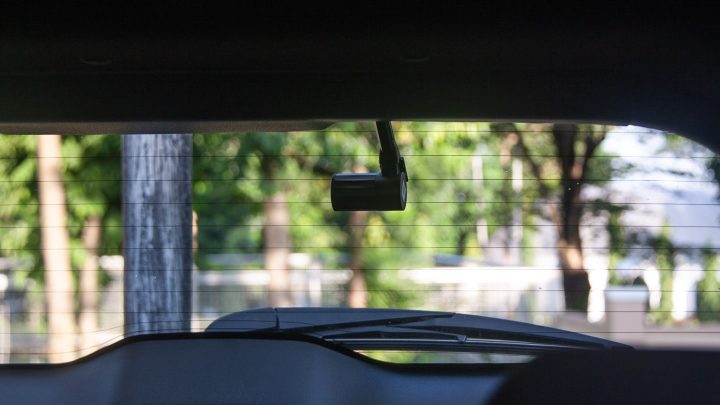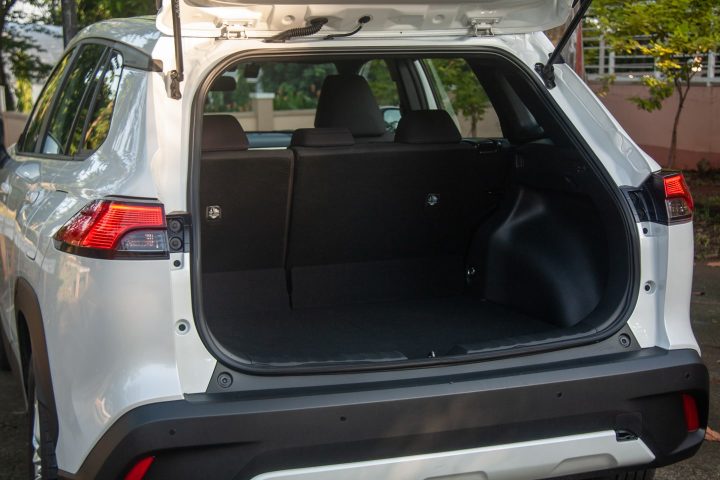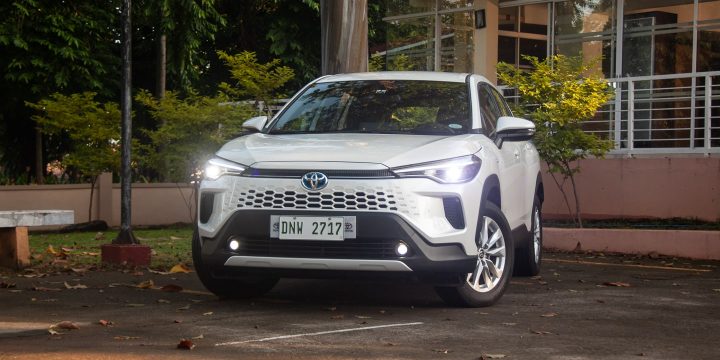
So we finally got our hands on the base model of the 2024 Toyota Corolla Cross. The 1.8 G HEV serves as the gateway into the hybridized lineup of the TNGA-based Toyota crossover, and it comes at an attractive price point to boot. We say this when comparing it to its sibling, the DNGA-based Yaris Cross, which Toyota brought into the PH hybrid crossover fray first, so please keep that in mind as you read along. So what’s the rub? Is the “CorCross” a better option compared to the “YarCross”? Allow us to walk you through by way of this Review.
Base VS Top-of-the-Line – Is the Corolla Cross G better value for money than the Yaris Cross S?
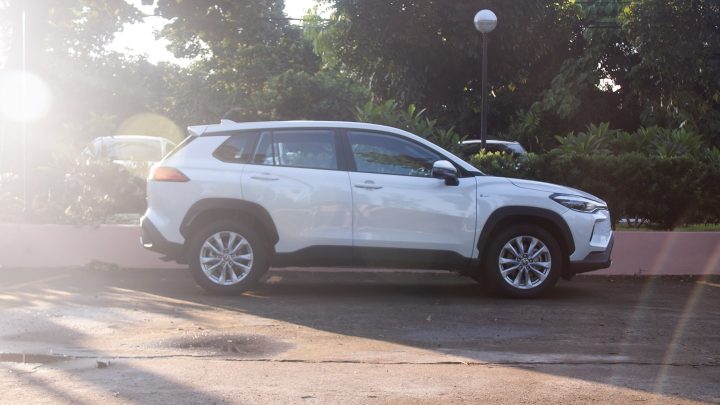
Let’s start with the most obvious: its looks. For the most part, the Corolla Cross has retained many of its features from the old model. The blacked-out fender flares and lower door moldings, as well as the rear and front skirts, are still there. Really, there’s not much to write home about except for the front end, which is why we won’t say much on its exterior. But if you look at the photo at the top of this page, you can see that the fascia of the updated CorCross has received quite a makeover.
Previously, we had a gaping grill, front and center. This time, we have a very minimal horizontal slat at the front edge of the (rather thin) clamshell hood with a Toyota badge smack in the middle. The main difference is in the absence of a full grill, this iteration of the Corolla Cross has incorporated the honeycomb pattern – read: HOLES – right into the front bumper. What semblance of a grill is the aforementioned black horizontal piece with vertical accent ridges, but to say that the CorCross went a radical route is proper.
I’ll admit that I wasn’t immediately attracted to this look, but given the time I had with it, it grew on me. Rather than being simply “massive”-looking like the older model, it actually made for a cohesive, wider, more aggressive front end. Coupled with the faux air dams on the bumper’s sides, the upswept front “chin”, and the faux skid plate, this CorCross looks ready to look good. It can, and it does, as a matter of fact.
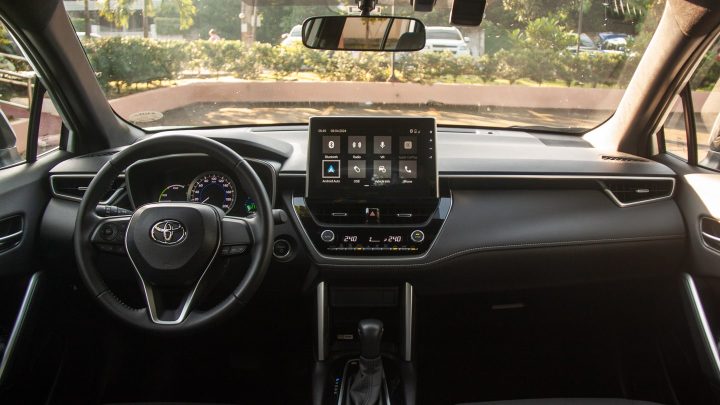
As “radically different” the exterior is compared to the outgoing generation, the interior is anything but. It’s not a bad thing, but this iteration seems to have chosen the same minimalist route. On the driver’s seat, you’ll see a combination analog and small MID gauge cluster, plus a steering wheel with the most basic toggles for audio and small functions.
The Center stack does get a nice, big infotainment screen, though. This particular variant of the Corolla Cross doesn’t come with a panoramic or 360-degree view camera, and we would like to say that though the reverse camera’s image quality is alright, it could definitely be better. Moving on, you have the sizeable screen, your standard AC vents, and a familiar arrangement of dials and buttons that make up the climate control. Further down you have a recess, your shifter lever, and a very convenient armrest by way of the center console lid.
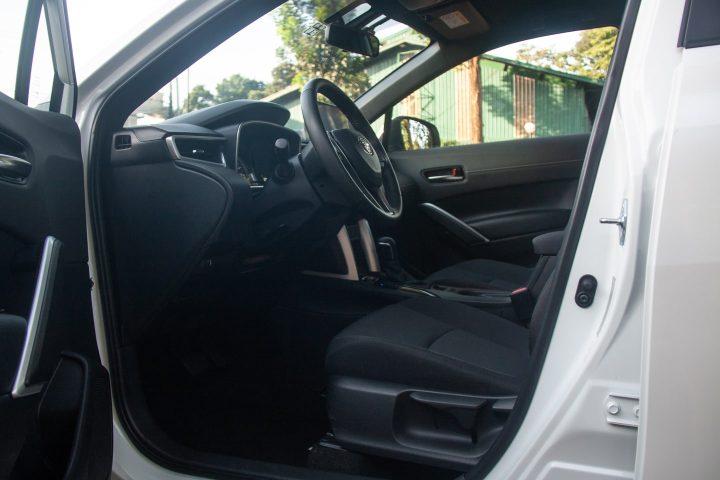
The thing about this base model is that while amenities aren’t as numerous as higher-end variants, you’re not exactly left wanting for any of them. On a personal note, I would love to have a 360-degree monitor, but really, that’s just a modern convenience that many of us have become accustomed to in recent years. But despite not having it, and leaning more towards being a barebones unit, the Corolla Cross G still holds its own. Now, remember that we’re comparing this entry-level to the top-of-the-line YarCross, and with that, let’s get to some things that must be mentioned.
You get fabric seats in this unit, compared to synthetic leather in the smaller Yaris. But see, the space in the Corolla Cross is bigger, more spacious. It’s not by much, but it’s enough for you to know you’re in less of a squeeze whether by your lonesome or with others in the cabin. That’s for the space department.
Materials used despite being entry-level were not cheap by any means, and while it does give off something of a “simple” feel, it’s not gaudily plasticky, if that makes sense. There’s a good distribution of hard and soft-touch points, and the Corolla Cross G and given comfort and amenities (albeit few), these are things you can (and could, and maybe should) be willing to let pass.
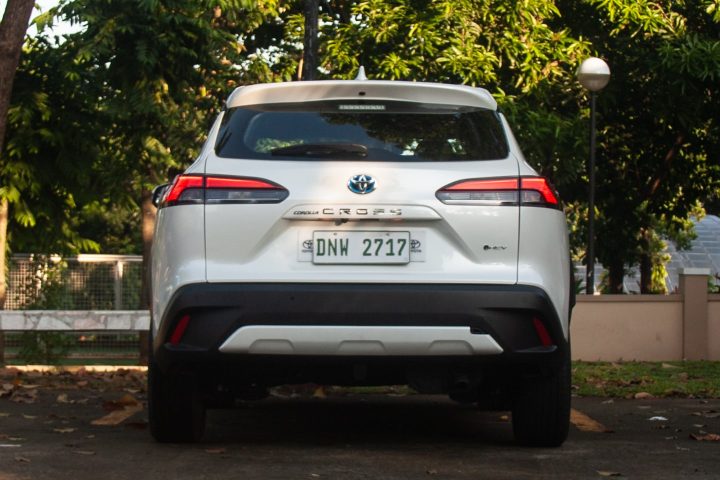
Here’s where it gets interesting. We’re very sure we’re not the only ones, but as far as being a hybrid goes, we will go out on a limb and say that the Corolla Cross is a bit more “civilized” than the YarCross. Allow me to explain. See, having driven the Yaris Cross S HEV, you can hear and feel the engine coming to life on the steering wheel, the pedals, and even the shifter lever and on your seats.
On the other hand, the engine of the Corolla Cross barely gives any vibration or harshness as that of its smaller compatriot, which does make for a more pleasant drive both aurally and to the touch. This is probably the biggest difference that you should look at.
Take note that we are not taking away from the Yaris Cross; yes, it’s good for what it offers, but talking about why will make us veer away from this article’s star, and that’s the Corolla Cross. So let’s move to some other details that make this model impressive.
We already mentioned space, so we now go to ride quality. We mentioned in our quick look video that the Toyota Corolla Cross can handle a good number of different roads, whether it’s asphalt, gravel, slow-moving-pothole-riddled roads, and even dried and dirty patches of dirt road. And we weren’t kidding. The suspension may be on the softer side, but this is also on the same token as your struts being engineered with enough rebound to even out the wallow that you might expect from such a soft ride. So that’s a win in itself.
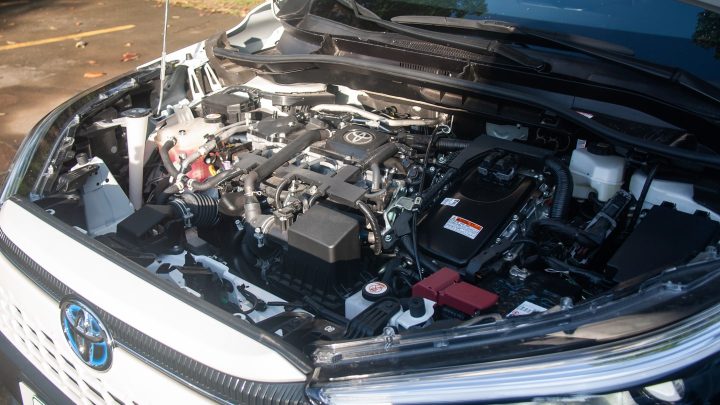
Under the hood, and charging the Corolla Cross’ hybrid system’s battery is a 1.8-liter inline 4 petrol engine that’s mated to a CVT. The maximum power output is rated at about 122 HP and there’s a healthy amount of pull, too, at 142 Nm. It’s not as strong as other hybrid crossovers in the market, but it’s more than enough, for sure. What it lacks in power, it more than makes up for with its consumption.
In the time that we had the Corolla Cross G, braving the Commonwealth traffic daily plus some travel to other traffic-laden areas in between, we got an average of 21.2 km/L. No, before you might even think of it, we never hypermile nor pull our foot back, so this number is about as daily-driven-consumption as it gets. Was there a movement in the gas gauge needle? Yes, there was, but do note that it’s only a 36-liter tank, and whatever dip there was, it wasn’t even by that much.
So does the Corolla Cross G, as an entry-level hybrid, do the job? To this, and with other things, we give a resounding yes as an answer.
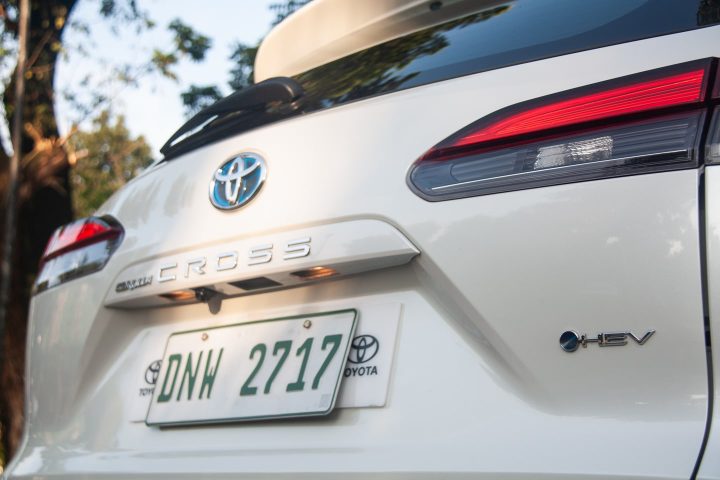
Okay, so now to the sticking point. Toyota has two “smaller” hybrid crossovers, the Corolla Cross and the Yaris Cross. The latter is priced at PHP 1,604,000. The former, and the topic of our Review right here, at PHP PHP 1,498,000. That is markedly more affordable, and that’s undeniable.
We have been curious as to what this does to the market of the Yaris Cross S HEV, but as we can all see, it hasn’t watered it down; it might have, but not as much as we thought it would. The Yaris Cross remains to have its own market, that much is obvious. But as far as the Corolla Cross goes, it has its own niche audience, too, and with the visibly increasing number of these units on the road, we can safely assume that the price tags have become the strongest case that favors the Toyota Corolla Cross G in this Review slash compare (of sorts).
Is it worth it? Again, our answer is yes. It may not have all the same bells and whistles that a top-of-the-line YarCross has, but you do get more and better space, just a tad bit more height, an exceptional ride quality, and a fuel consumption readout that’s just hard to beat, especially for a bigger-displacement mill.
As we said, these all make for a convincing win, a win that for those who are looking for a proper gateway into electrification, can and will agree with.
More photos of the 2024 Toyota Corolla Cross 1.8 G HEV
